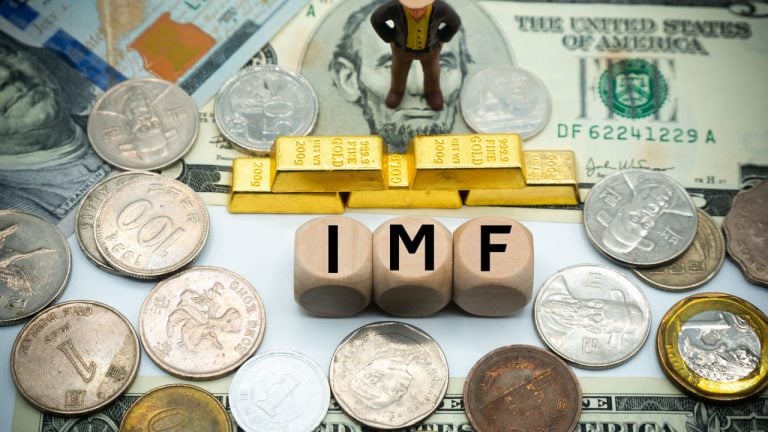
Kristalina Georgieva, the International Monetary Fund (IMF)’s managing director, has said Egypt needs to plug leakages of foreign reserves if it wishes to successfully support its currency. According to the IMF leader, Egyptian authorities must also do more to support the vulnerable and to ensure that such support does not benefit the rich.
Multiple Exchange Rates ‘Create Privileged Positions for Some’
According to the International Monetary Fund (IMF)’s managing director, Kristalina Georgieva, attempting to shore up the Egyptian currency without first plugging foreign reserves leakages is akin to “putting water in a bucket that has holes.” Georgieva also argued that Egypt’s multiple exchange rate policy has created a system that only benefits the privileged.
However, in her remarks during an interview with Asharq Business, the IMF boss insisted the global lender is still holding discussions with Egyptian authorities. She also highlighted how a closer working relationship with the global lender can help the country’s leaders make the right decisions.
“I have high respect for President Abdel Fattah Al-Sisi and I trust that by working together, he can make the right decisions for the country,” Georgieva said.
The IMF leader added that Egyptian authorities have already made the right decisions which include agreeing to use the International Finance Corporation (IFC)’s expertise.
State Urged to Make Way for Private Sector
However, Georgieva insisted that Egypt still needs to do more on three fronts to improve its competitiveness. One of the first steps the North African country needs to take is to get the state out of sectors of the economy where the private sector is better placed. Doing this will not only allow the private sector to flourish but will also create jobs.
According to the IMF leader, Egyptian authorities must also do more to support the vulnerable and to ensure that such support does not benefit the rich. Authorities also need to think of ways of bolstering the country’s foreign reserve position.
Meanwhile, in his remarks at a finance summit in France, Egyptian President Al-Sisi asked global lenders to show mercy. He said his country is currently undertaking infrastructure projects which “cost us major sums of money” and therefore he requests for “our development partners to be understanding.”
Register your email here to get a weekly update on African news sent to your inbox:
What are your thoughts on this story? Let us know what you think in the comments section below.
from Bitcoin News https://ift.tt/2jWXzUG
Comments
Post a Comment